41 maggots in compost pile
While there are a few other types of maggots that might show up in your compost, the most common culprit is the larvae of the common Black Soldier Fly, or hermetia illucens. You'll be able to identify them easily due to their fat appearance, usually in a whitish, greyish, or brownish color. The color can change depending on what they're eating. Gardeners can mistake black soldier fly larvae in their compost for the maggots of blowflies, but unlike maggots, black soldier fly larvae eat vegetable food scraps. They are eating machines, turning scraps into compost much more rapidly than worms. The flies and larvae are more likely to occur in the warmer weather.
There are some things you can do to reduce or eliminate maggots in the compost. Advertisement Add lime Compost doesn't need lime to break down and it can increase the pH of the soil your compost produces, so beware. But lime can deter flies and reduce the presence of maggots. Just add 1 cup of lime per 25 cubic feet of compost.
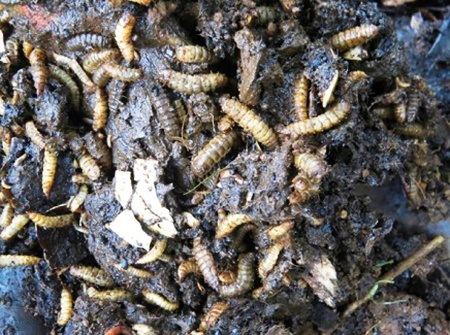
Maggots in compost pile
Not turning or mixing your compost pile often can be another cause of maggots in your compost. To prevent warmer center and cooler edges at the center or bottom of your compost bin, be sure to mix up your tumbling composter or open-air compost with a pitchfork or shovel every day. Continue doing this until the larvae die. Oct 20, 2021 · A mature female housefly can lay up to 500 eggs in its short lifespan. The eggs hatch into larvae (maggots) within a day, and in as little as a week those maggots will proceed through the pupal state and hatch into flies. A day later they will be breeding adults. Eradicating flies entirely is not a battle you can win in the warmth of summer. But last summer, the maggots appeared. For years we'd had an open-air compost pile that we'd manage by layering food scraps with leaves and soil, then turning it over periodically. We saw bugs...
Maggots in compost pile. In this video Rob shows you have to remove maggots from your compost. Subscribe for Free DIY Fun & Tips for Maintenance at your place!Follow Rob on Facebookh... Cover your compost pile with a wire mesh to keep flies from laying eggs inside the compost pile. If you need to kill maggots, mix one part bleach and one part water and pour it over the maggots. Add more brown/organic waste the first method to try for getting rid of maggots in compost is to add a layer of brown/organic waste (carbon rich waste ... Turning the pile when the temperature fell can make it receive plenitudinous oxygen, improve the metabolic level of microorganisms, and make the temperature elevate again, respectively. In both groups, the high temperature lasted 11 days so as to kill pathogens and made the compost harmless ( Zhao et al., 2018 ). Maggots help break down organic matter in the compost pile, enabling it to decompose more easily. Also, the flies inoculate the pile with helpful bacteria from other sources that they carry in on their bodies. This can improve the fertility of your compost when you go to use it in your garden. What Attracts Black Soldier Flies?
A healthy compost pile shouldn't smell and should be ready in about six months. Smelly compost will more than likely attract flies and their little maggots, so avoid soaking wet piles sitting without adding layers of brown and turning regularly. Also, avoid only adding piles of food scraps and nothing else. The Bottom Line In moderation, maggots are actually beneficial to your compost pile. They accelerate decomposition and are much more effective than microorganisms at dealing with large pieces of waste. If they get too numerous you can get rid of them by drying out your pile slightly (adding browns) or sprinkling some organic garden lime powder over your pile. Usually you don't have to add lime to your compost — it breaks down just fine. Your compost should be a balance of wet and dry materials. Usually you don't have to add lime to your compost — it breaks down just fine. Skip to the content. best website 2022. lot of ideas here. Monday, October 11th, 2021. About; Contact; Cookie Policy; In a good compost pile you should have a mix of carbon and nitrogen sources. The microbes in compost use carbon for energy and nitrogen for protein synthesis. Ideally the ratio of C/N is 30 to 1.. 30 parts carbon for 1 part nitrogen (measured on a dry weight basis). This ratio governs the speed at which the microbes decompose organic waste.
To avoid the maggots, I suggest you ensure you are turning your compost pile regularly and that you try to minimize the areas that are thinner, and thus cooler. One way this can be accomplished is by not just having a pile for your compost, but having some kind of structure to contain it and provide some regularity to its dimensions. Maggots are voracious eaters, breaking down even large amounts of food scraps in only hours, so your compost finishes faster The larvae are rich in calcium, which ups the nutrients in the compost Maggots can process compost "no-no's" such as meat, cheese, or greasy food items, which reduces kitchen waste even more The maggots are known to break down organic material in the pile so it can further decompose. And the flies inoculate the compost with beneficial bacteria from other sources. There are pros and cons to any composting method, whether it employs soil bacteria, worms or black soldier fly maggots to do the job. Maggots won't harm your compost or your plants and help degrade your waste; however, adult flies are often considered a nuisance. You can avoid maggots in your compost by physically preventing flies from entering by using a lid, a dry layer on the top of the compost, and protective screens over the holes.
Is it OK to Have Maggots in my Compost? Yes, to a degree. You don't want a massive infestation or they'll take out too many nutrients, but some will help accelerate your composting and make sure it's ready for the next season. The reason to get rid of them is if there's too many or you just find it gross. Are Maggots Bad for Your Garden? No.
Compost piles are meant to be aerobic unless you're doing a bokashi which is fermented and needs to be lidded but you do that indoors and then bury it outside or add it to your compost pile. I do use my sawdust as carbon as well from my litter box and I do get maggots which I don't like.
Why Maggots May Be Present in Your Compost. Let's begin with why maggots are generally present in compost. In most cases, the maggots that you will encounter are derived from the Black Soldier Fly. The female prefers to lay her eggs in materials that are rich in nitrogen, and your steamy compost pile is the perfect environment for her babies ...
Big maggots in your compost? They're soldier fly larvae EUGENE - Most people shudder when they see maggots in their bin composter or compost pile. Don't be grossed out - they won't hurt you. In fact, these larvae play a role in breaking down and recycling nutrients back into the soil.
Maggots will appear in your compost only if a fly lays eggs inside. Thus, although compost requires good air flow that does not mean you make huge holes that flies can use to enter. Always cover the holes using a mesh screen to prevent entry of flies and further stop more eggs to be laid. Solution 5: Use Fly Traps
Put simply, maggots are able to break down food waste in a compost pile, making it decompose even faster. Despite the fact that you are dealing with garbage and creepy crawlers, there's still a certain beauty to composting.
Larvae can survive cold winters, particularly with large numbers of grubs, insulation, or compost heat (generated by the microorganisms in the grub bin or compost pile). Heat stimulates the grubs to crawl off, pupate, and hatch, and a great deal of light and heat seem to be required for breeding.
Dec 17, 2018 · Cooled, untreated wood ashes directly from a fire and applied as mulch, or wood ashes mixed into compost, are useful around cabbage and onion plants to keep away root maggots. Wood ash mulch or ...
Feb 14, 2018 · The few times I’ve made the decision to toss a jar of moldy sauerkraut, I have removed that top layer of nasty looking stuff to unearth wonderful, tangy and fresh smelling sauerkraut. I stop mid-toss as my hate-to-waste side kicked in and it was saved from the compost pile and enjoyed by the family.
But you add citrus food waste in the pile. 1 cup of citrus food per 26 cu ft. of compost. Don't allow flies: Maggots in compost are only possible when the adult mother black solider fly lay eggs. Make sure you don't allow them to enter into the compost pile. Cover the pile with the mesh screen to cover the air holes.
Since maggots do require a fairly moist envrionment to live in their presence in your compost is an indication that your compost is too wet for the proper bacteria to work and seldom will you find a compost pile infested with maggots reaching the 130 degree temperatures that indicate active thermophilic bacterial activity.
Mar 31, 2021 · Homemade compost will fertilize your soil and help with any gardening you do. Use food scraps such as fruits and vegetables, coffee grounds, eggshells, nutshells and tea bags. Do not dispose of meat, dairy or oils this way. Add the food waste to cardboard, newspaper, vegetation and other organic materials in your compost pile.
Jul 30, 2021 · Then a layer of wood shavings on top of that and once a week i add some more shavings. On the forth week i shovel it into the wheel barrel and sift it again through the home made sifter ( i put the compost in one pile the gravel on another ) then every 3 months after mother nature has washed the gravel i can use it again.
Is my compost ruined?" Not to worry. Those maggots (most likely Black Soldier Fly larvae) are actually helping your compost break down. While it's true that they bring out the "ick" in most people, maggots, worms, and other garbage consumers are actually powerful creatures when it comes to ridding the world of waste.
Turning your compost pile regularly will prevent the creation of moisture pockets where maggots thrive. It'll speed up the evaporation process, and of course the breaking down process in general. Add Lime to Compost Adding lime will turn the compost's pH acidic.
Noxious weeds The discovery of maggots in compost isn't the end of your pile, and there are things you can do to get rid of them. Such as adding layers of brown, well-dried things like leaves,...
Maggost composting
But last summer, the maggots appeared. For years we'd had an open-air compost pile that we'd manage by layering food scraps with leaves and soil, then turning it over periodically. We saw bugs...
Oct 20, 2021 · A mature female housefly can lay up to 500 eggs in its short lifespan. The eggs hatch into larvae (maggots) within a day, and in as little as a week those maggots will proceed through the pupal state and hatch into flies. A day later they will be breeding adults. Eradicating flies entirely is not a battle you can win in the warmth of summer.
Not turning or mixing your compost pile often can be another cause of maggots in your compost. To prevent warmer center and cooler edges at the center or bottom of your compost bin, be sure to mix up your tumbling composter or open-air compost with a pitchfork or shovel every day. Continue doing this until the larvae die.

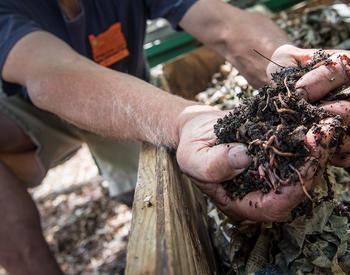

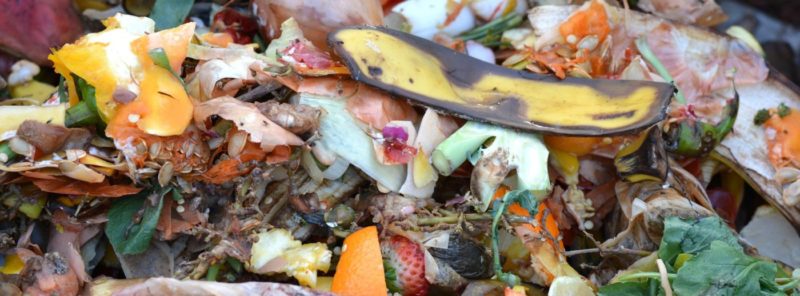


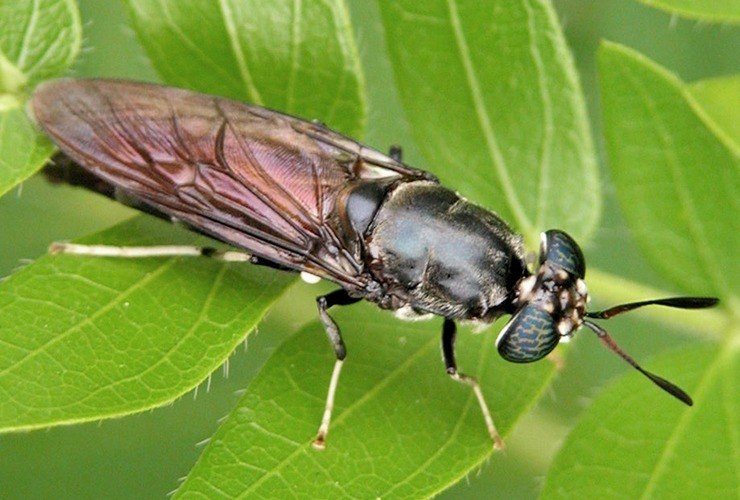


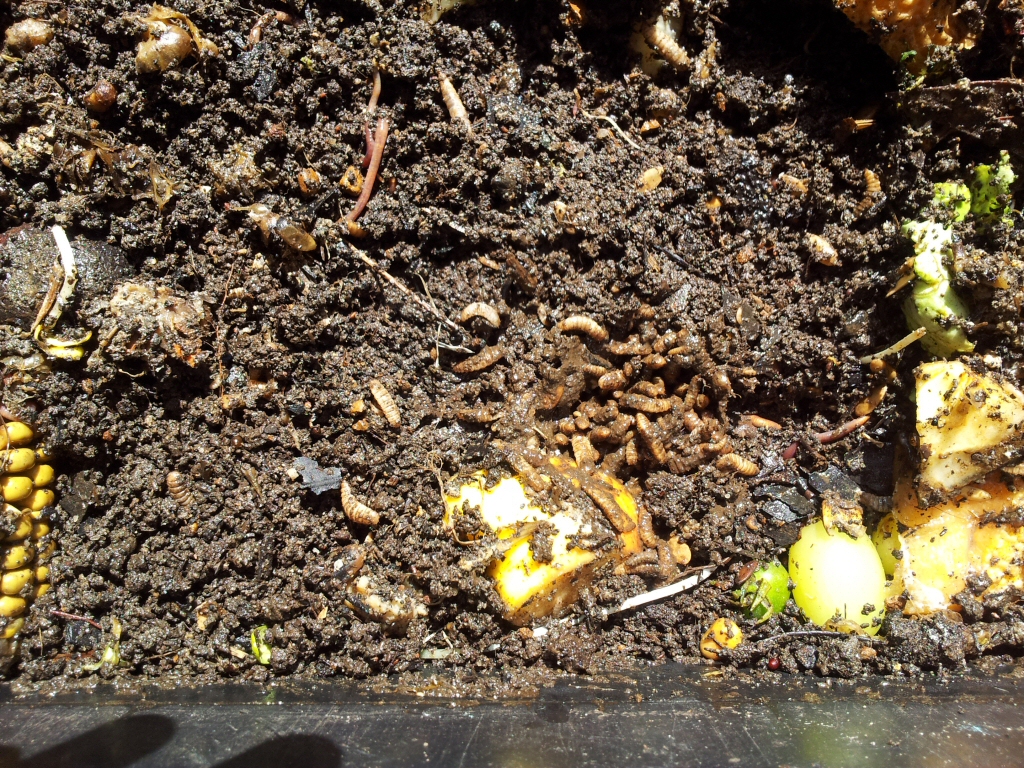




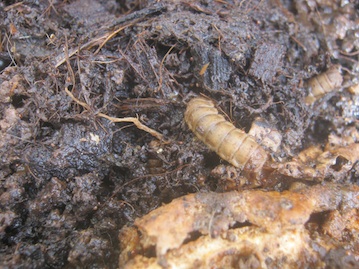
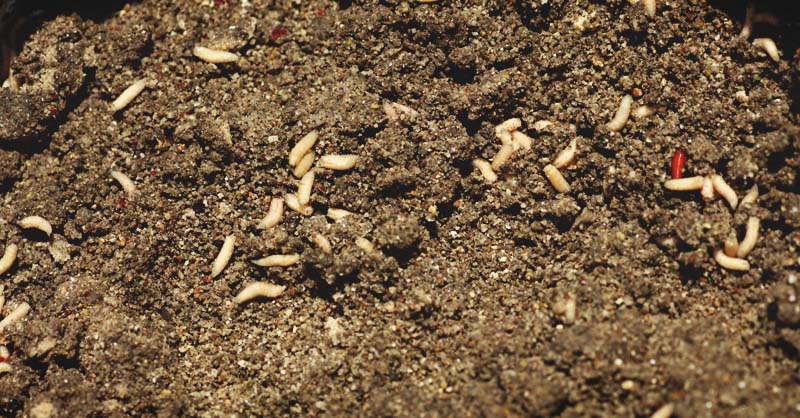






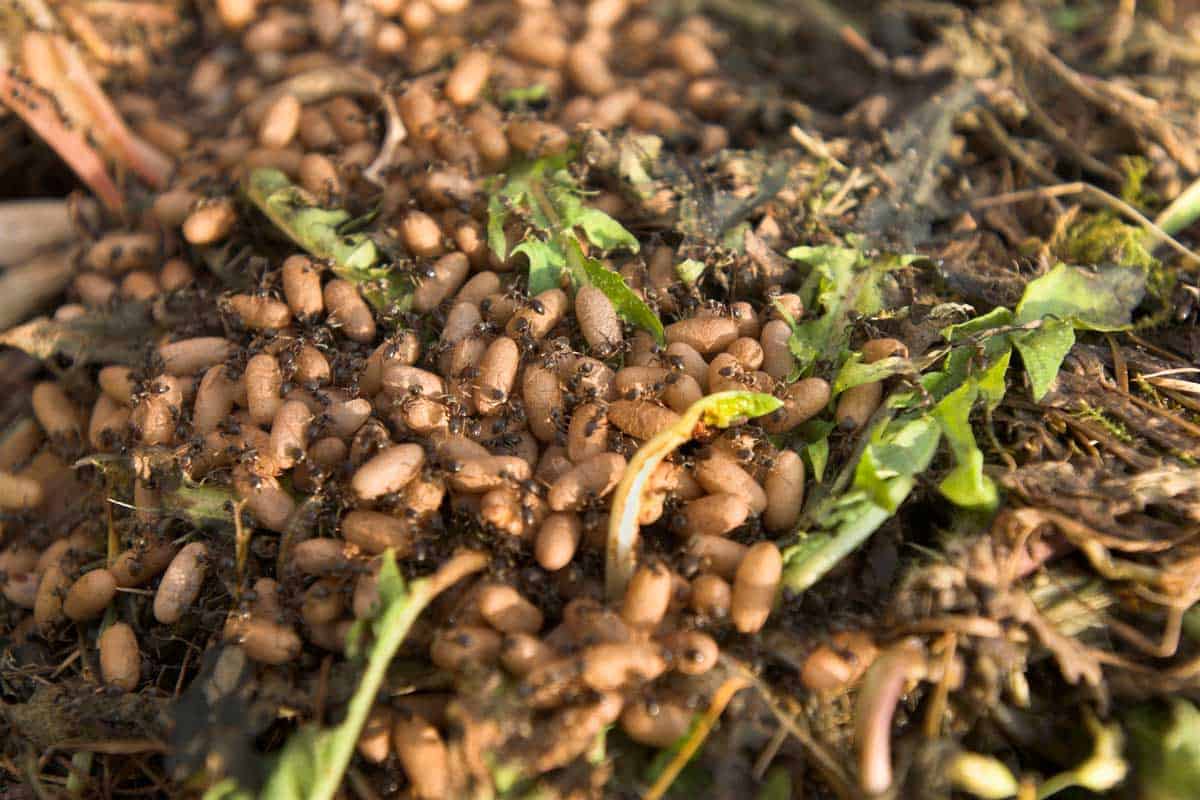
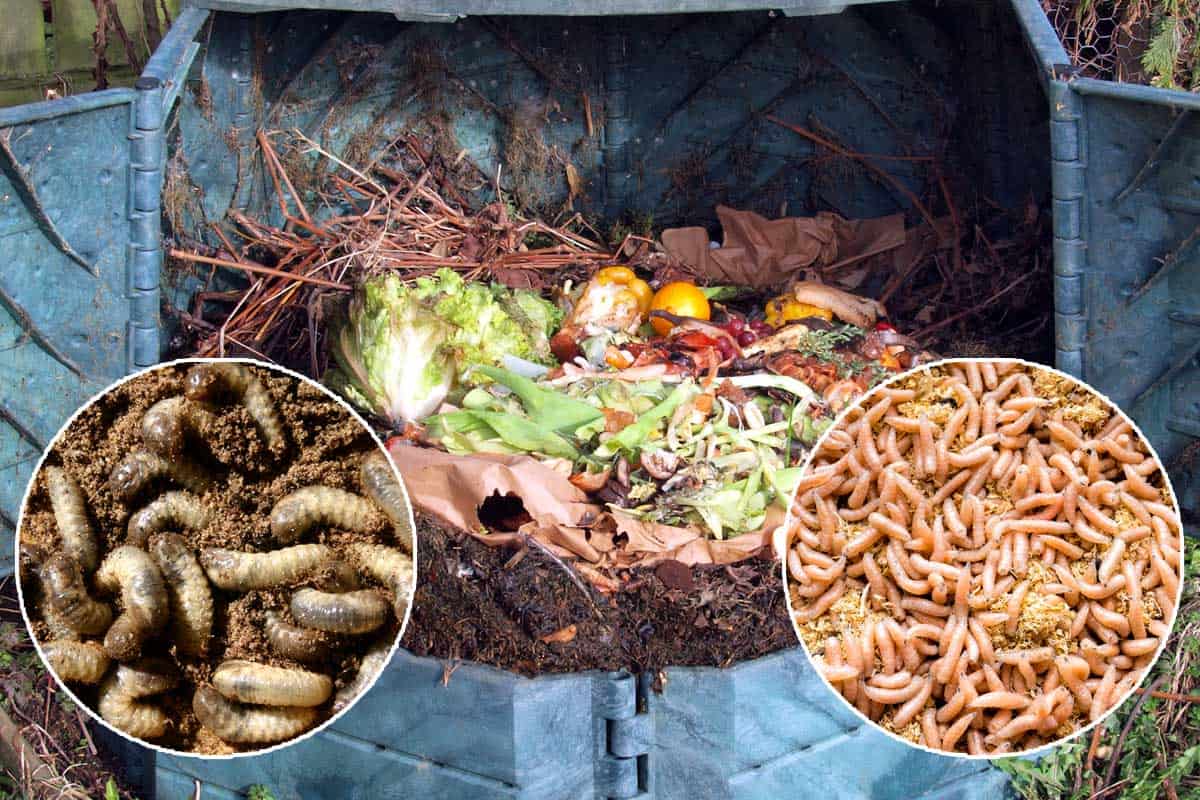
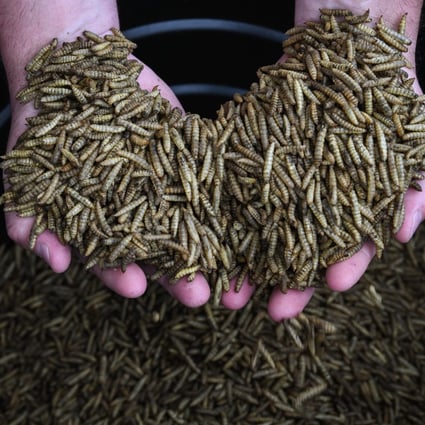
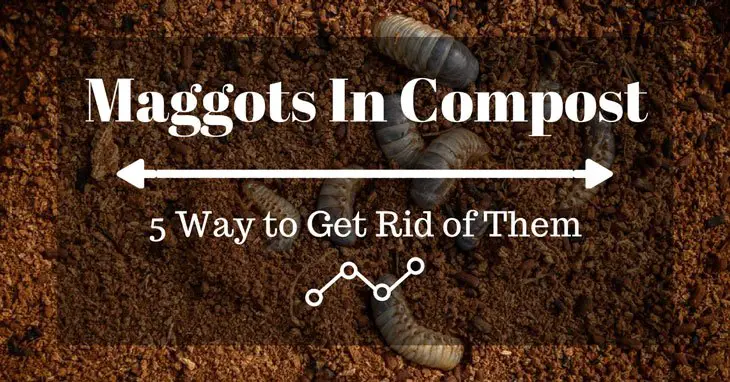

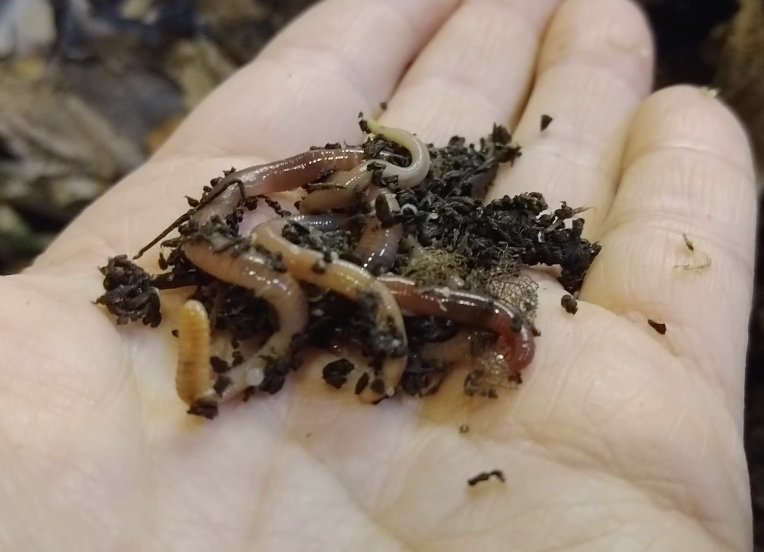

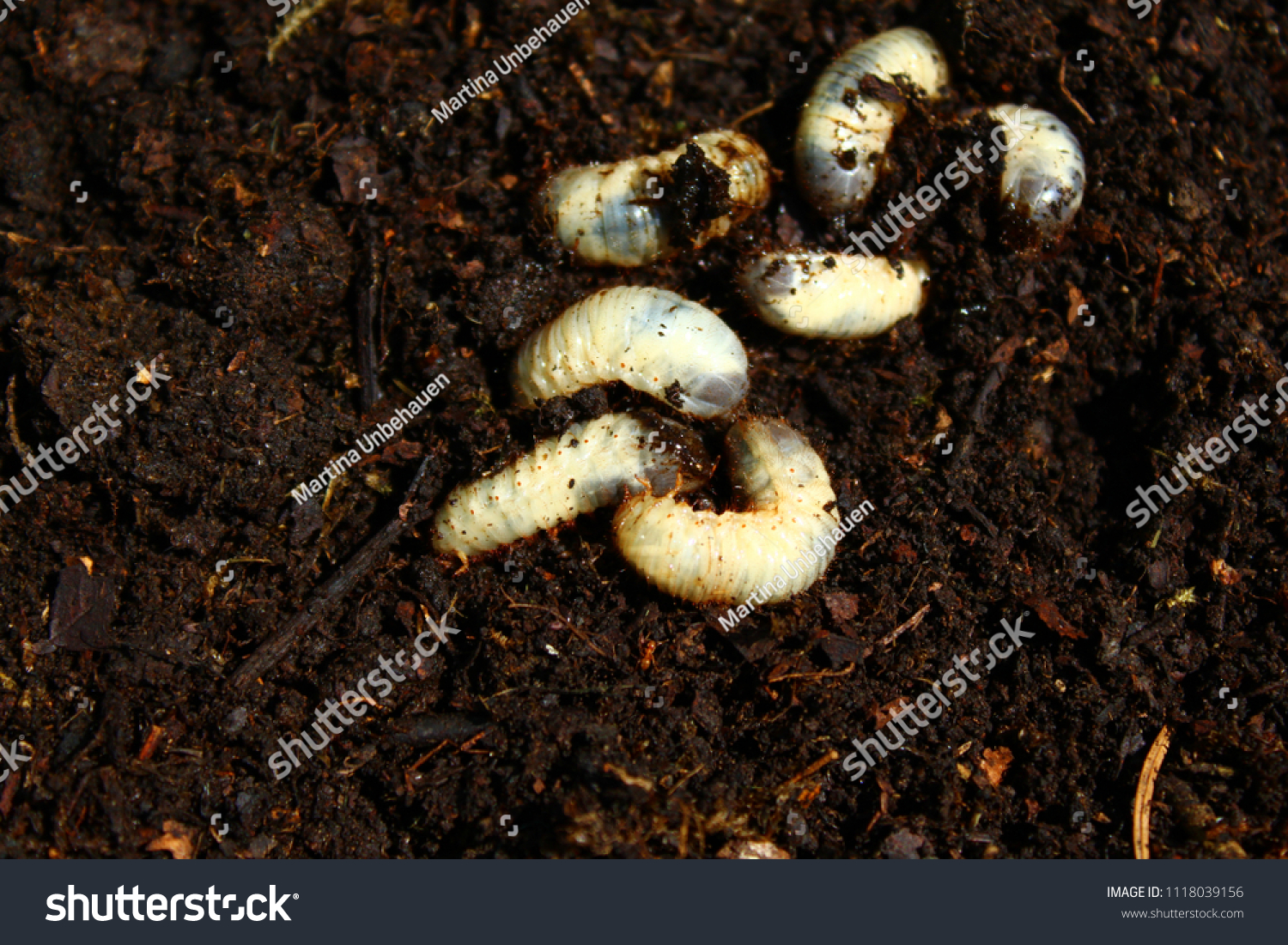





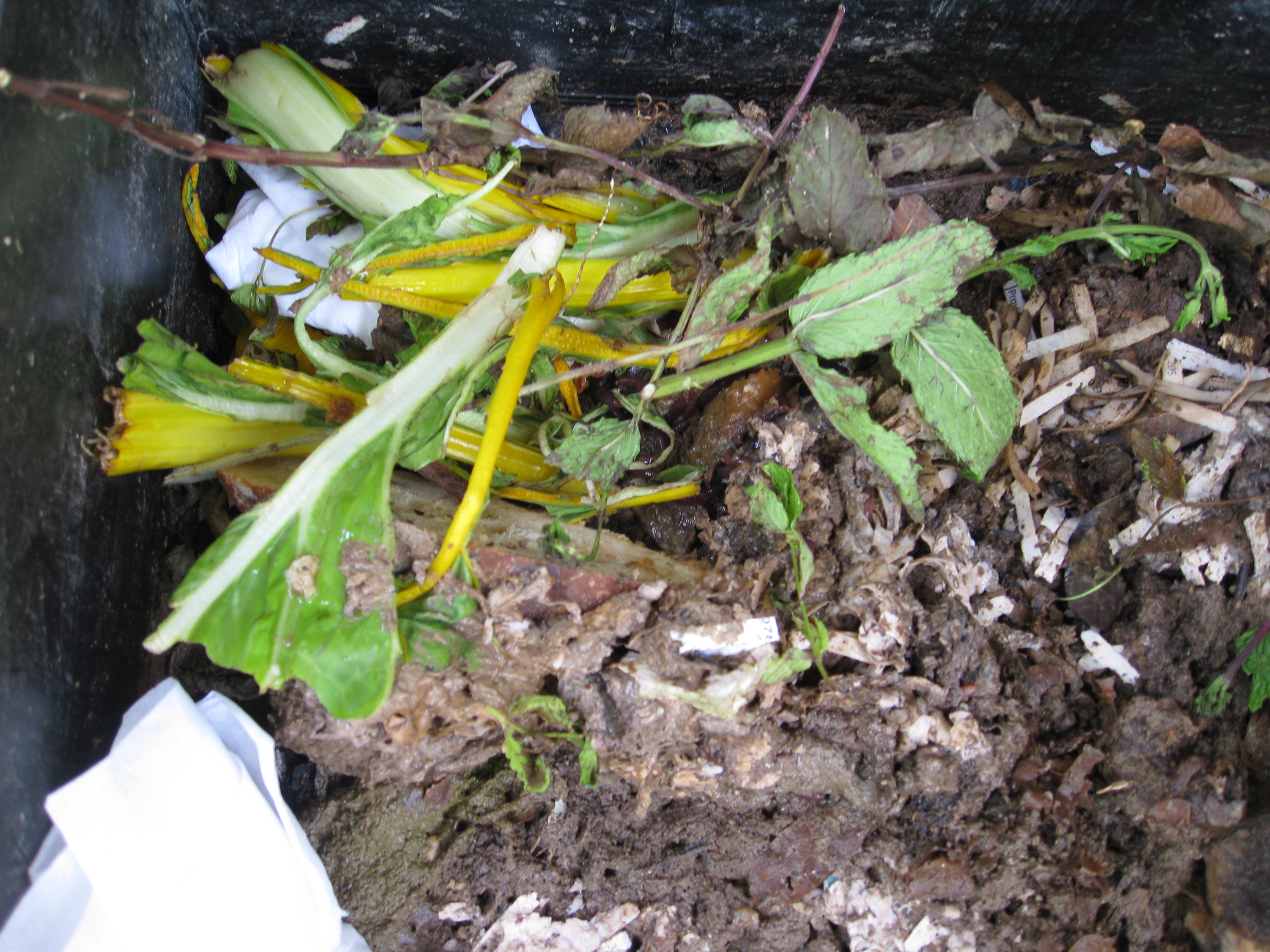

0 Response to "41 maggots in compost pile"
Post a Comment